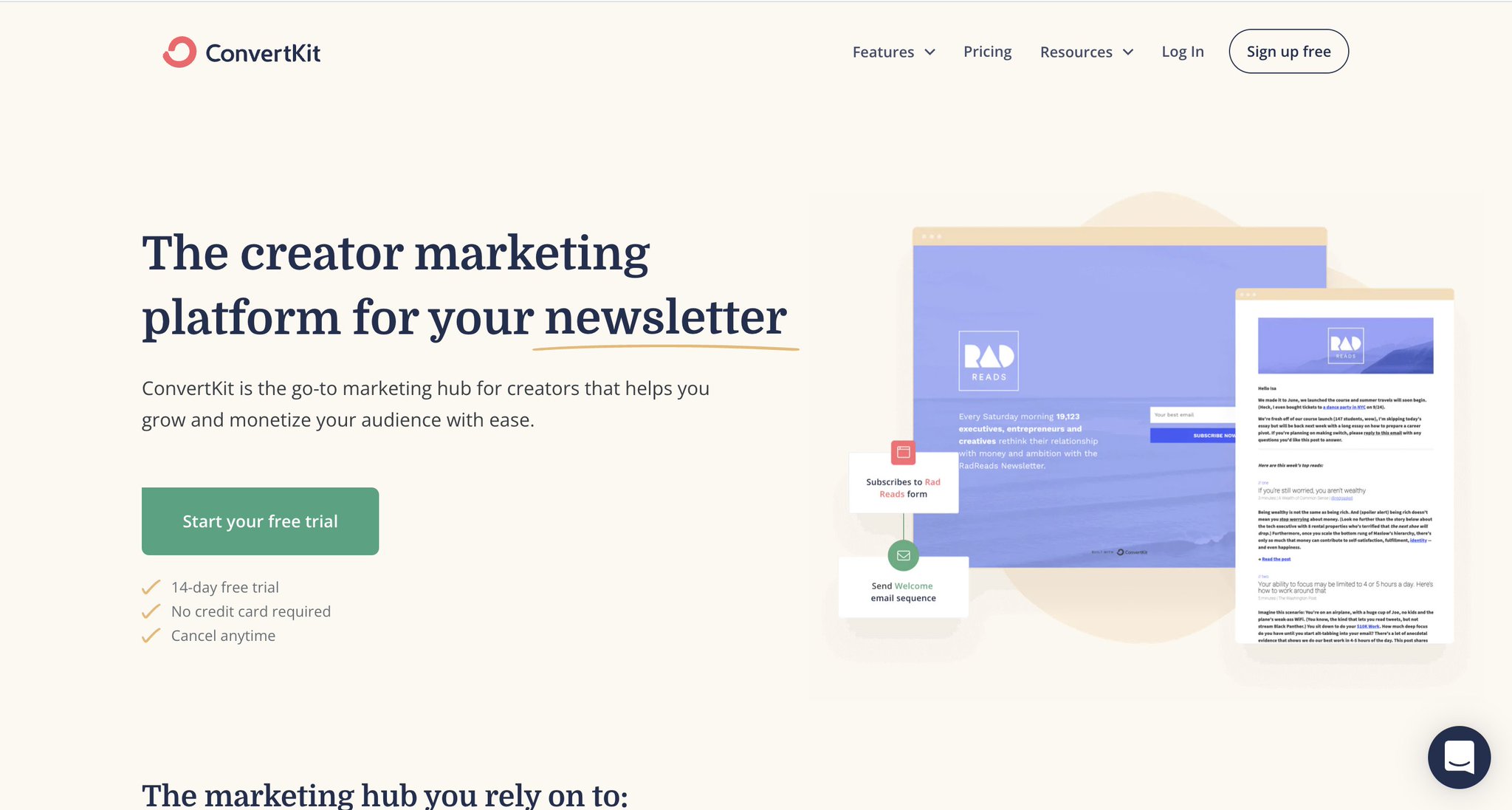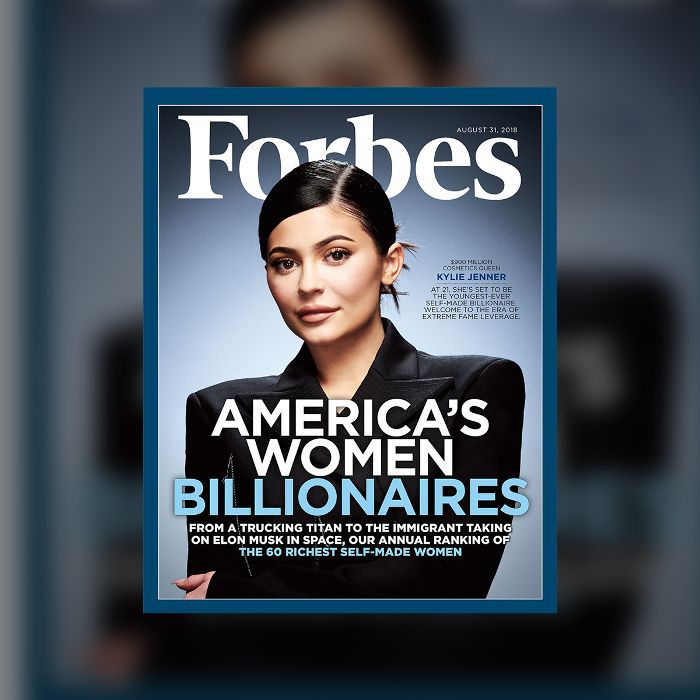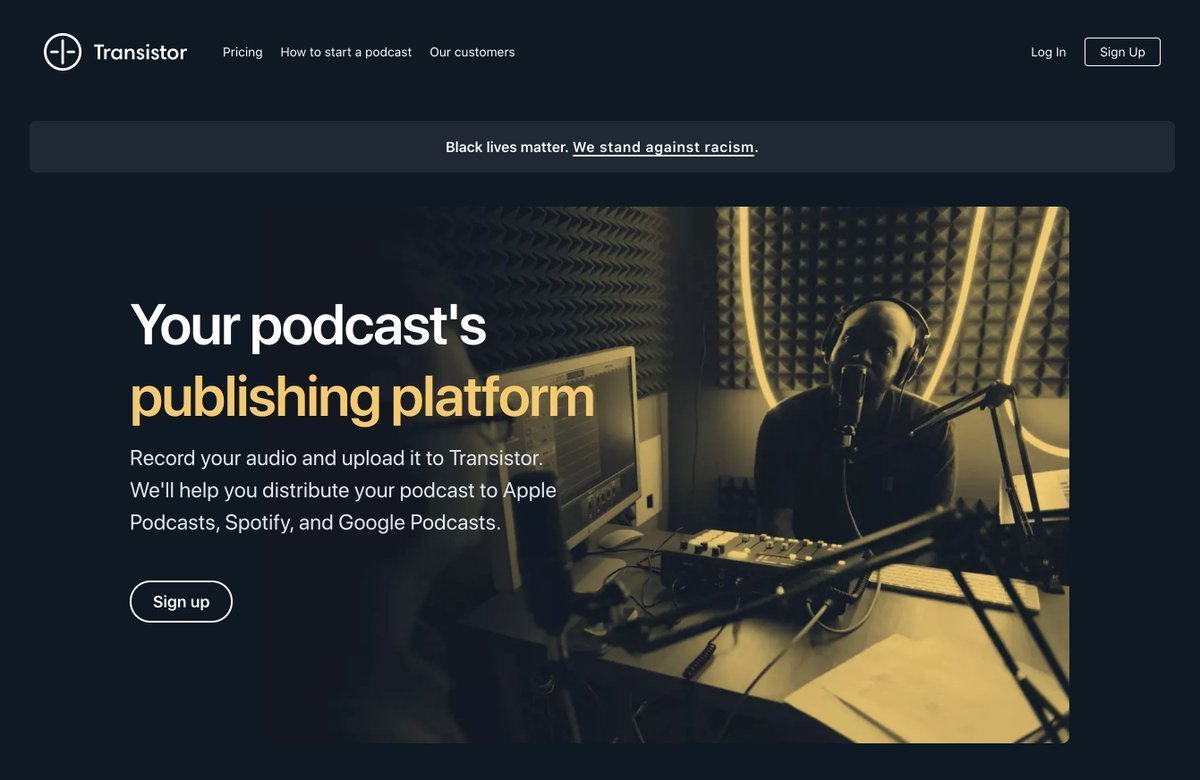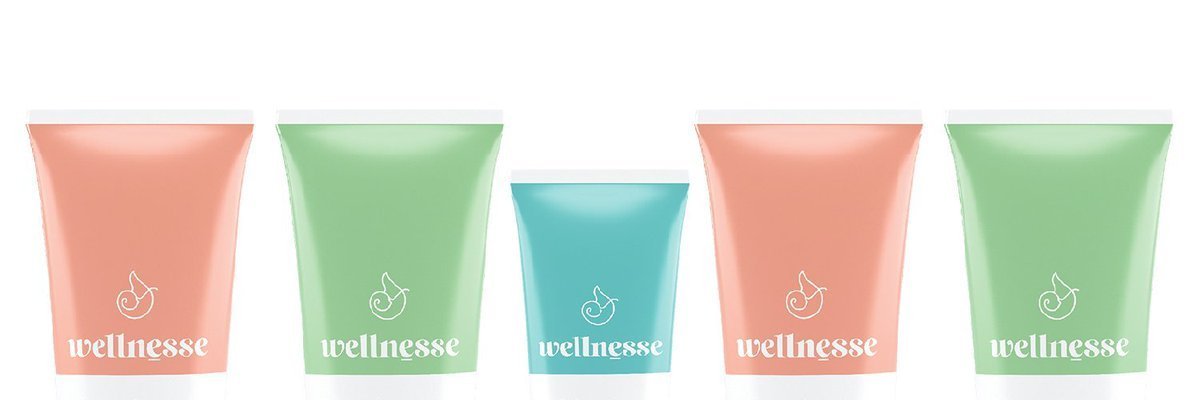Thread by Nathan Barry
- Tweet
- Jul 28, 2022
- #CareerDevelopment #Business
Thread
A Vogue fashion assistant bought a camera, domain, and launched a billion dollar brand.
Here’s the story (and why it’s not as rare as you’d think):
Here’s the story (and why it’s not as rare as you’d think):
In 2010 Emily Weiss, an assistant at Vogue, started her own fashion blog. She bought a camera, domain, & 2 months later the site was live.
Into the Gloss showcased the real-world beauty routines of fashion influencers & celebrities.
Into the Gloss showcased the real-world beauty routines of fashion influencers & celebrities.
10 years later, what do you think the site is worth? Millions? 10s of millions?
While that would be an insane success for a blog, it’s not even close to the correct answer of $1.2 billion. She turned it into the beauty brand Glossier.
Billion dollar blogs aren't rare. A thread:
While that would be an insane success for a blog, it’s not even close to the correct answer of $1.2 billion. She turned it into the beauty brand Glossier.
Billion dollar blogs aren't rare. A thread:
I'm on that journey with @ConvertKit. I started with earning a living from a blog on marketing & design. Then I used that audience to launch a SaaS company now earning $31M/yr.
It will take years, but we're on a path to create $1B in company value.
There are 4 key principles:
It will take years, but we're on a path to create $1B in company value.
There are 4 key principles:
RULE #1: Build more than a personal brand
Mark Sisson started Mark’s Daily Apple in 2006 and built a great business selling books & sponsorships. But his real success was from Primal Kitchen, a paleo sauce and dressing company. Sold 2 years after launch to Kraft for $200 million
Mark Sisson started Mark’s Daily Apple in 2006 and built a great business selling books & sponsorships. But his real success was from Primal Kitchen, a paleo sauce and dressing company. Sold 2 years after launch to Kraft for $200 million
Personal brands are great for getting started, but in my research I couldn't find a single example of a billion dollar company that was still the founders name.
Bloggers and influencers should take note and build a brand that can stand on its own.
Bloggers and influencers should take note and build a brand that can stand on its own.
RULE #2: Sell products, not attention
Kylie Jenner was one of the least famous Kardashians, but now she’s the wealthiest. Rather than chasing more fame and influencer status she channeled what she had into Kylie Cosmetics.
Creators are better than anyone at capturing attention.
Kylie Jenner was one of the least famous Kardashians, but now she’s the wealthiest. Rather than chasing more fame and influencer status she channeled what she had into Kylie Cosmetics.
Creators are better than anyone at capturing attention.
Attention has value. Brands pay the creators to redirect that attention towards their own products through advertising and sponsorships.
Creators like Ryan Reynolds understand this and instead channel attention into their own brands (Aviation Gin sold for $610 million).
Creators like Ryan Reynolds understand this and instead channel attention into their own brands (Aviation Gin sold for $610 million).
RULE #3: Drive higher customer value through recurring or repeat purchases
@mijustin made the switch from selling books & courses (sold once per customer) to selling Transistor, SaaS for hosting podcasts. Customers pay every month for access to the product.
@mijustin made the switch from selling books & courses (sold once per customer) to selling Transistor, SaaS for hosting podcasts. Customers pay every month for access to the product.
@WellnessMama built one of the most successful blogs in the world through content, sponsorships, digital products, & affiliates.
Then they used that platform to launch @MyWellnesse a personal care product line where each product is purchased many times.
Then they used that platform to launch @MyWellnesse a personal care product line where each product is purchased many times.
RULE #4: Choose a better business model
Vani Hari pivoted from her site Food Babe to launch Truvani, her own health food brand.
Dr. Dre was wildly successful with his music career, but it's Beats by Dre that was able to have a $3 billion exit.
Vani Hari pivoted from her site Food Babe to launch Truvani, her own health food brand.
Dr. Dre was wildly successful with his music career, but it's Beats by Dre that was able to have a $3 billion exit.
Better business models and higher quality revenue matter.
@awilkinson understands this better than anyone as he uses profits from Metalab, his highly profitable design agency, to buy software & product companies.
Trading average quality revenue for high quality revenue.
@awilkinson understands this better than anyone as he uses profits from Metalab, his highly profitable design agency, to buy software & product companies.
Trading average quality revenue for high quality revenue.
Those are the 4 rules for becoming a billion dollar creator, but there's so much more to think about.
Read the full article for stories on who made the pivot and a deep dive into 5 examples of creators who weren't able to pull it off:
nathanbarry.com/billion/
Read the full article for stories on who made the pivot and a deep dive into 5 examples of creators who weren't able to pull it off:
nathanbarry.com/billion/
If you enjoyed this thread do two things:
1. Follow me @nathanbarry for more on building audiences and businesses.
2. Give the original tweet a reply or retweet to help it reach more creators who could benefit from thinking bigger.
1. Follow me @nathanbarry for more on building audiences and businesses.
2. Give the original tweet a reply or retweet to help it reach more creators who could benefit from thinking bigger.







